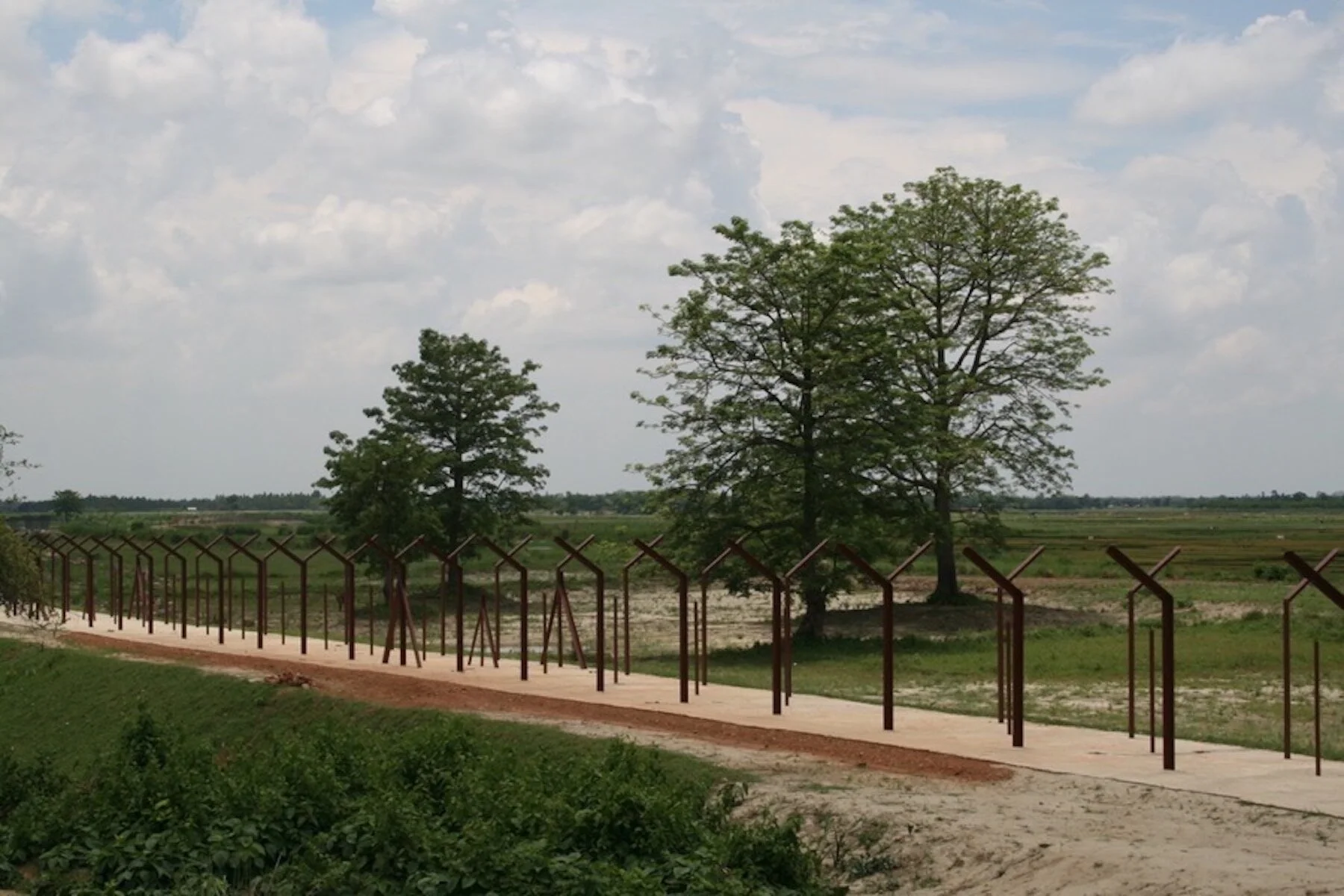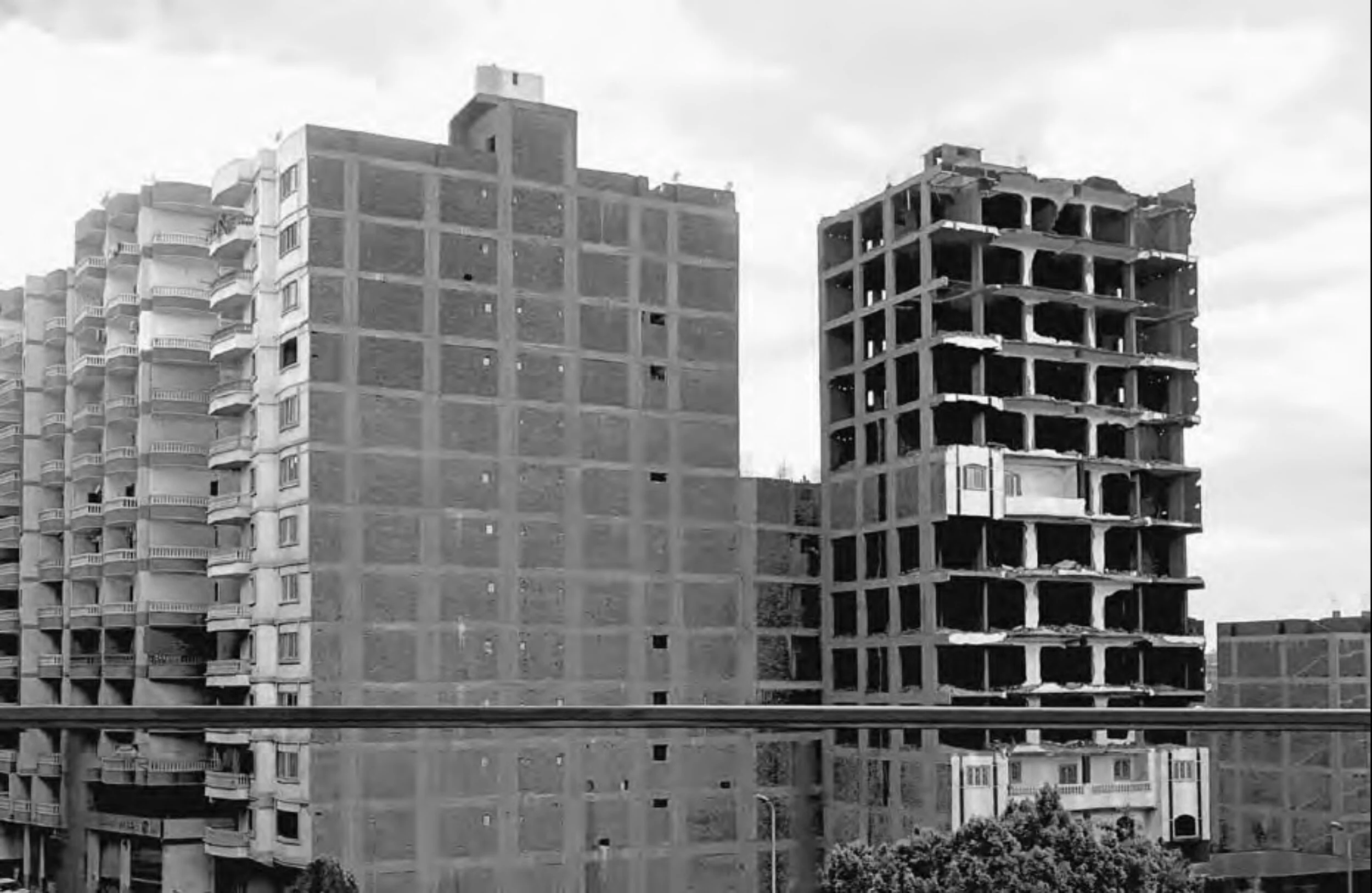Running through the book, at a level just below the surface, a constant conversation is at play: a conversation between the dispassionate reporting of a journalist, and his social location. Saha is the grandson of migrants from erstwhile East Bengal and East Pakistan whose grandmother did not make it to the NRC because, for Kafkaesque reasons, she has been marked as a “D voter” since 1997 by the Election Commission of India (D for doubtful). In a strife-ridden time and place, however dispassionately she conducts her reportage, the journalist and her creations can be reduced to who she is ethnically, linguistically, religiously.
Read More“And yet, the tension between these two logics is not necessarily a mis- match between two incompatible philosophies of value. For Sofia, it was more like a puzzle that challenged her and her colleagues to arrange their numbers appropriately, calculate them ethically, and organize them harmoniously. These are two different flows of ideas and preoccupations that coexist inseparably. Sofia’s job consists of giving the tension arising from their coexistence the right intensity so that their prices can stand an ethicality test, an assessment of how they will affect the lives of others.”
Read More“Sur draws us into the terrifying world of the new border but tempers and humanises her clinical description of the physical infrastructure of fence and tower with a range of ethnographic vignettes that tell a story of transborder kinships, conviviality and unforeseen friendships.”
Read More“A group of young girls, hypnotized by brilliant hair ribbons and bells in a stall, ignored the stray dogs that sniffed their feet and licked their hands. It was the clothes stalls that attracted the largest numbers of buyers. ‘There are no clothing stores in the Rajabari area,’ one resident said as she picked out woolen cardigans for her household. Not every item came with fixed price. Produce from the Naga villages were weighed, checked, and given an exchange value. As goods were translated into monetary values, tensions ran high.”
Read More"The securitized discourse and policy around borders focuses on assigning people to definite bounded territories, with outsiders as security threats. The notable exceptions are the wealthy and powerful, and some functional personnel of global capitalism, whose privilege sometimes bypasses these limitations. This is supposedly demonstrated through various documents of identity, territorial presence, voting rights, work rights, public resource rights, and so forth. The ideal—for it is often bent, compromised, or defied—is that each person has a known, documented identity that gives rights to a specific geographic space.”
Read More“Jabbar’s narrative underscores many dilemmas that a disappearance produces, where documents act as propellers, not of justice as much as an undying hope. I fear that meddling with the narrative would constrain the paths Jabbar traverses, which are important for readers to assimilate on their own. The narrative as reproduced verbatim here is a haunting that allows for entering the depths of mourning, melancholia, agency, memory making, and resistance.”
Read MoreHow do media producers in Egypt manage these unknowns and politics in the complex production and distribution process? Chihab El Khachab considers this question with focus on film production in his new and exciting Making Film in Egypt: How Labor, Technology, and Mediation Shape the Industry. The book is based on eighteen months of fieldwork that he conducted between 2013 and 2015 in Cairo, Egypt.
Read More“Rationalising the complicated mesh of conflicting ownership and usufruct claims is likely impossible without acknowledging ‘adverse possession’ and claims-in-place. But doing so raises a different sort of problematic: that of the fait accompli and the creation of ‘facts on the ground’ by the local centres of power found in both elite and subaltern neighbourhoods. The underlying dilemma is thus the lack of public authority with sufficient ‘reach’ and competence to negotiate competing demands.”
Read More“But labor immobility is not always the motivating factor in housing projects. Other possibilities abound. The slum must also (unlike the prison) be an active source of a reserve army of labor. Or, as in my study of Delhi, housing projects might emerge quite apart from the question of labor. Here the establishment of a Delhi Improvement Trust (in 1937, nearly 40 years after the BIT) was initiated by a piece of bad press.”
Read MoreWhen commuting on the Cairo-Alexandria agricultural road, one does not have to look far to find high-rise apartment buildings that appear empty and uninhabited. Driving along the Cairo-Alexandria agricultural road, orange-colored residential units—built for youth under Hosni Mubarak’s government in the 1990s— have remained empty since their construction. At the same time as these uninhabited buildings remain, he country has also seen the large-scale demolition of homes built informally on agricultural land. Government-led campaigns against building informal homes in the countryside have posed a particular problem, as these campaigns concern building structures on land designated for architectural use. Through doctoral fieldwork conducted in a Nile Delta Beheira governorate village between 2016 and 2018 I found that large scale demolitions were taking place by the government
Read MoreAll three facets of urban politics in Egypt come to the fore through a different mechanism. But the discourse that binds them – namely the housing crisis azmat al-iskan – is a relatively new term that belongs to 1960s Egypt and its socialist policy of creating housing for all. The shift, from the abstract article in mushkilat iskan to the denominative mushkilat al-Iskan the housing problem, is a shift that is known to most historians and theoreticians of the economy as opposed to the older use of the word economy – as Timothy Mitchell has argued.
Read MoreBut if a prison is like a city can we say that the reverse is also true? Can we ask in what ways cities are like prisons? What precisely would we able to see we saw the city not as the symbol or “crucible” of modern mobility – as in dominant strands of social theory since at least Adam Smith – but instead as a site meant to render immobile and stuck in place the masses of people cities now house?
Read More










